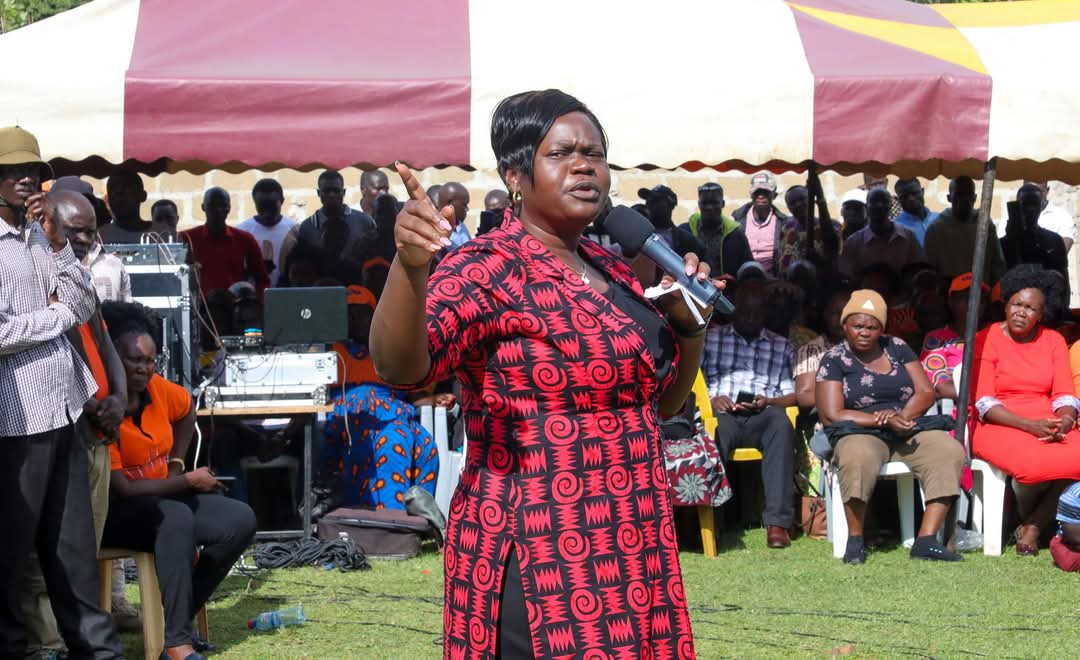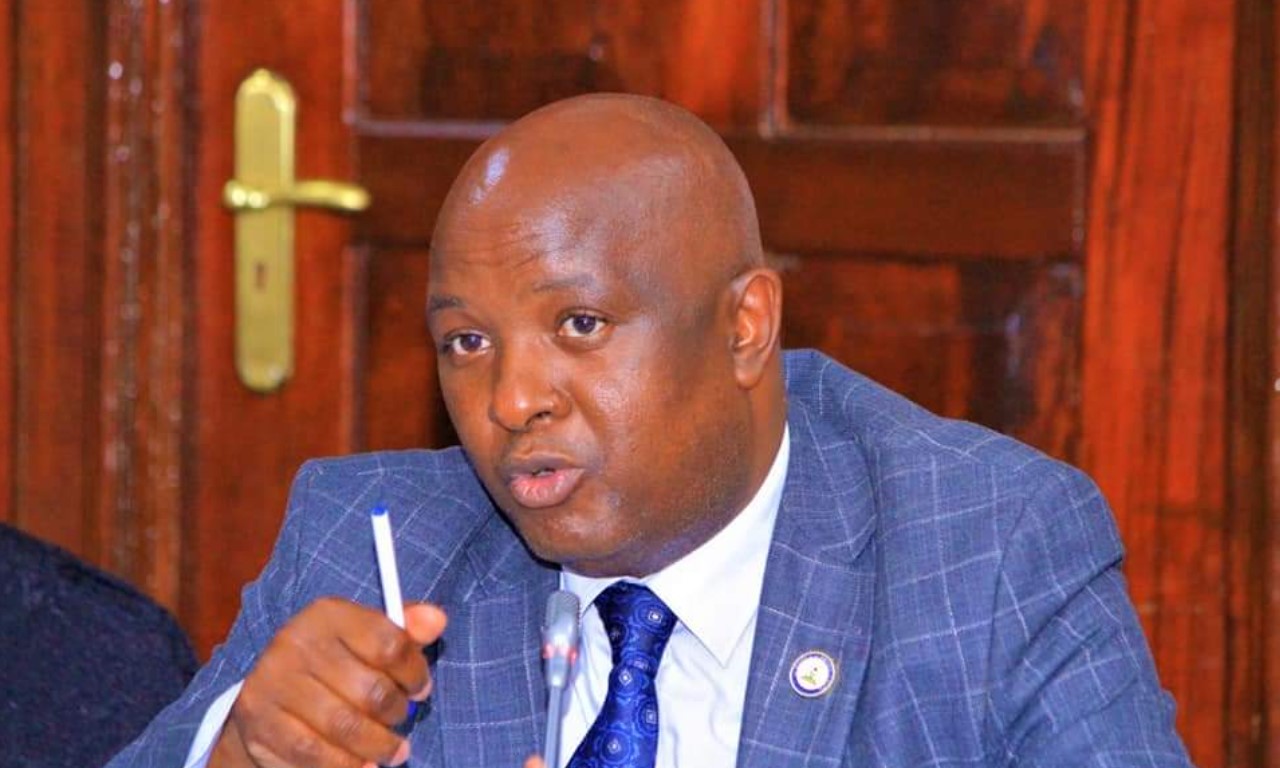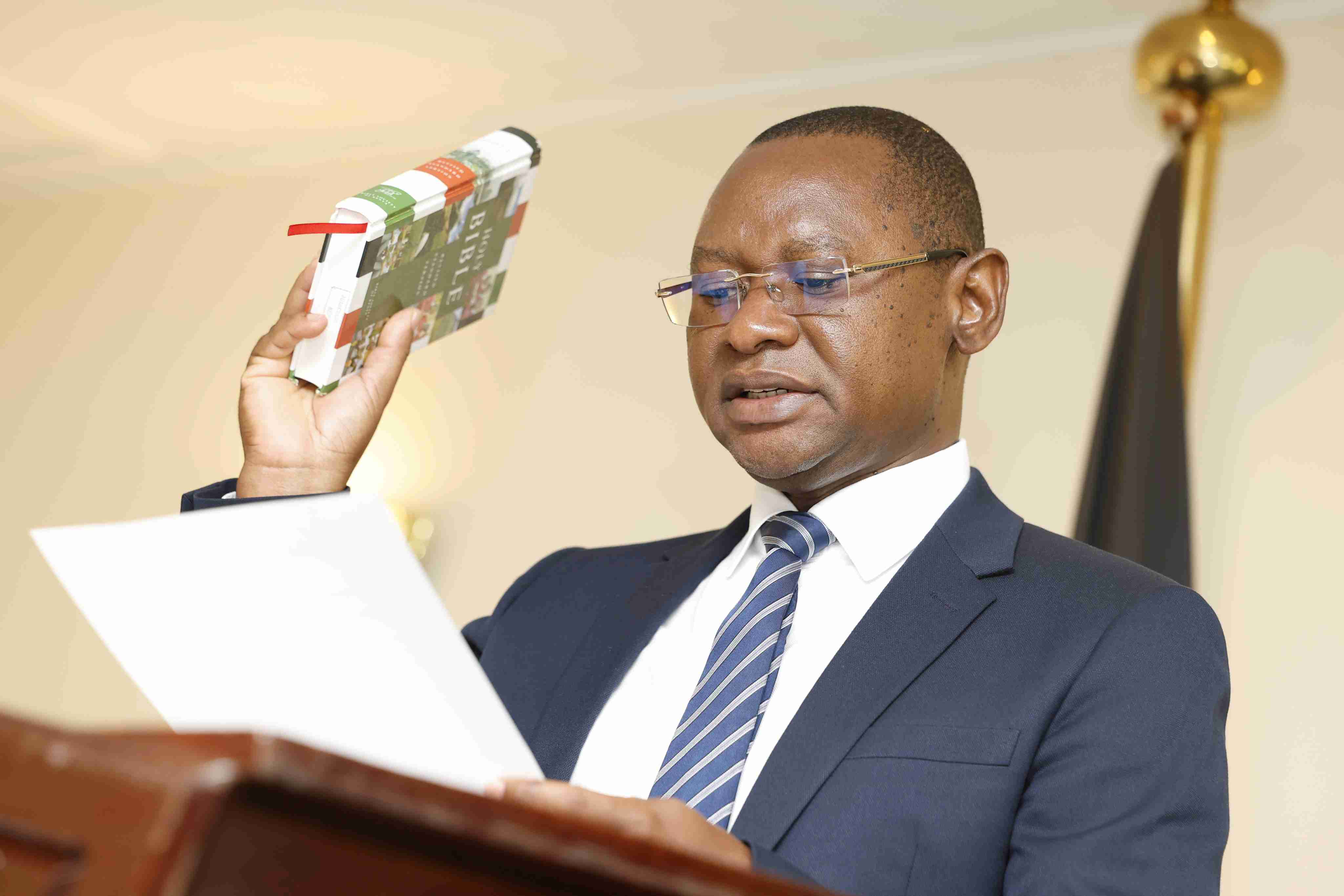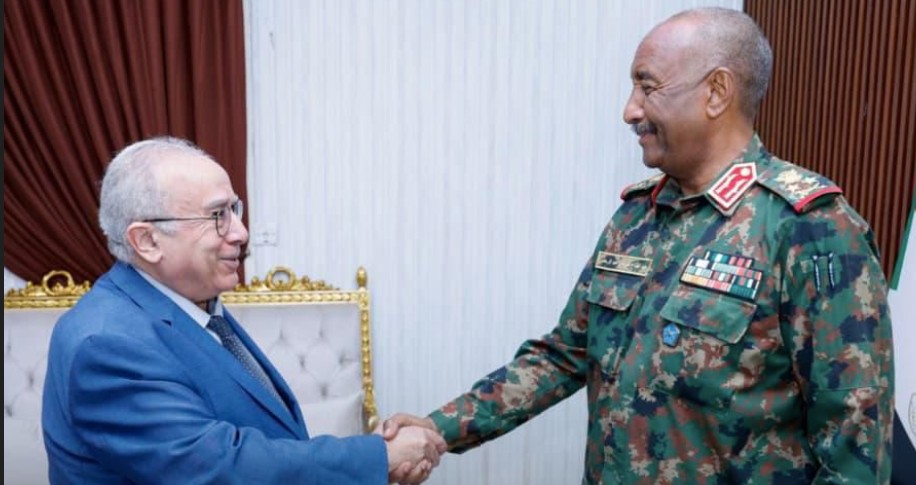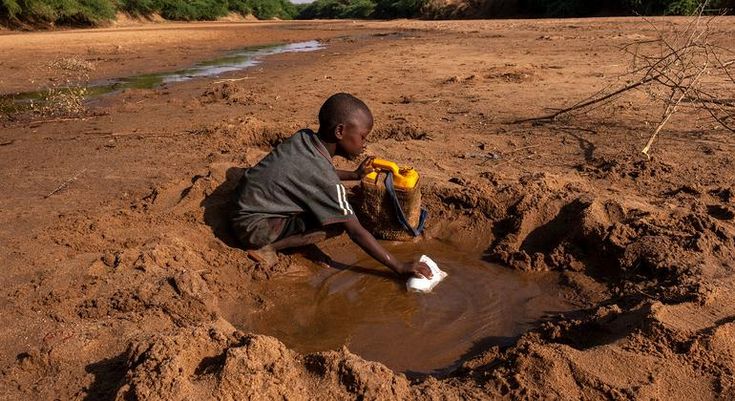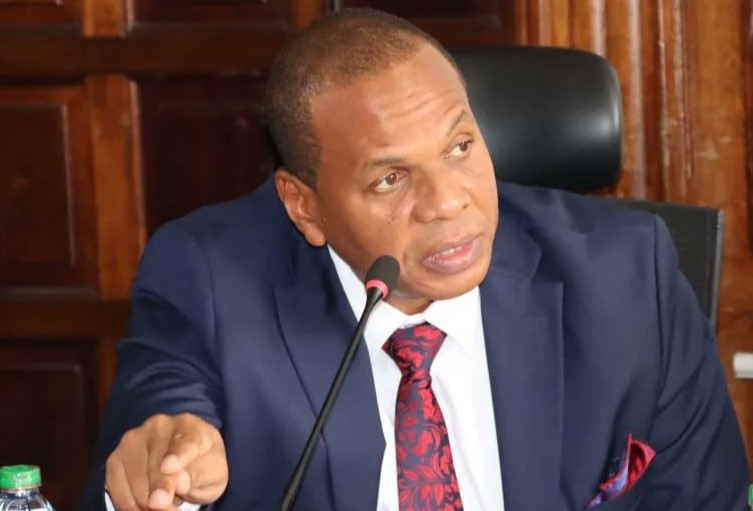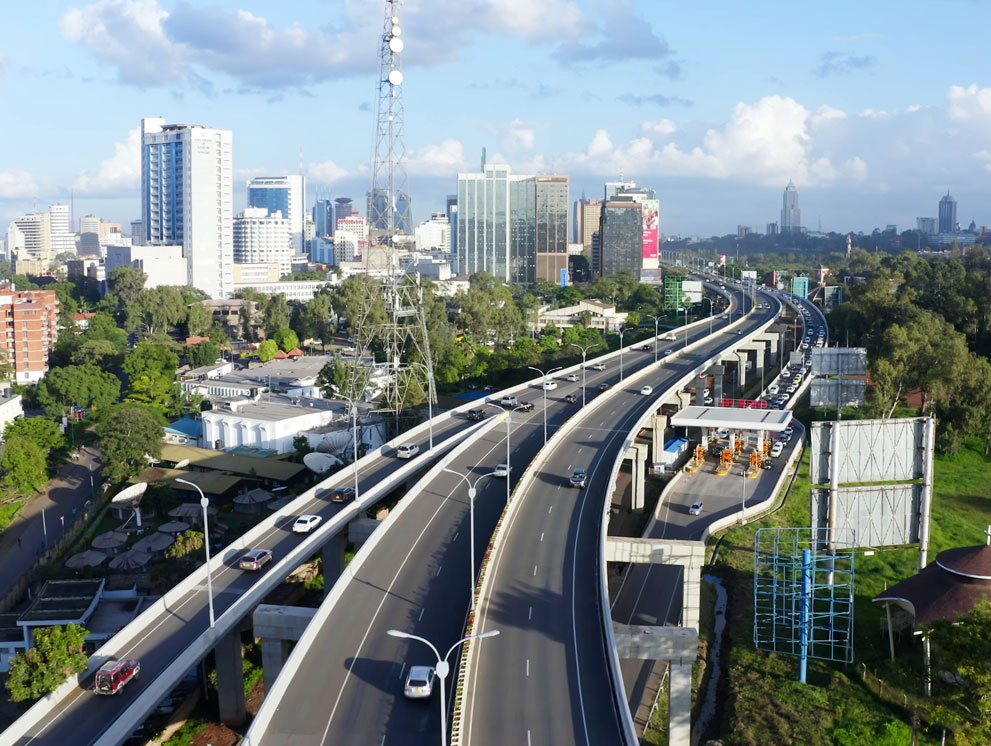Africa’s 20 wealthiest individuals continue to thrive amid economic challenges
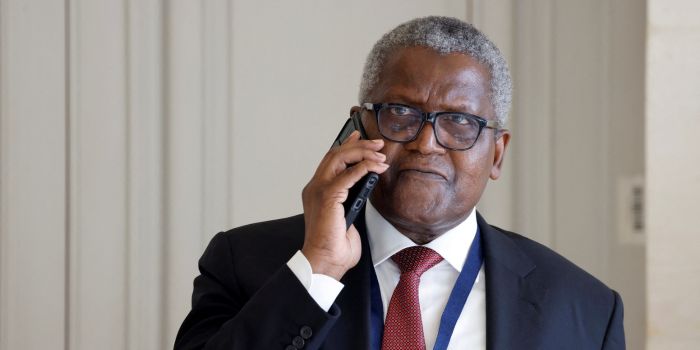
As the global economy grapples with downturns, Africa’s wealthiest individuals continue to thrive, expanding their empires across various sectors and driving significant changes within the continent.
From manufacturing to mining, telecommunications to luxury goods, these billionaires have not only built remarkable fortunes but are also reshaping Africa’s economic landscape.
More To Read
- Portugal star Cristiano Ronaldo becomes first billionaire footballer with $1.4 billion fortune
- World Bank raises Sub-Saharan Africa growth forecast to 3.8 per cent for 2025
- Kenya, Ethiopia, DRC lead East Africa’s stunning export surge amid global economic uncertainty
- Ethiopia, Dangote Group ink Sh323 billion deal to build fertiliser complex in Somali region
- Kagame lauds Aliko Dangote’s push for African-led development
- Kagame lauds Dangote’s push for African-led development
Over the years, financial publications such as Forbes and Bloomberg have chronicled the impressive rise of these individuals, whose businesses span across diverse industries.
Their success is rooted in innovation, strategic foresight, and a resilient work ethic. These trailblazers have left a lasting impact on both the African continent and the global economy.
According to Forbes, the continent’s 20 billionaires are worth a combined $82.4 billion.
“The 20 billionaires on the 2024 Forbes list of Africa’s richest are worth a combined $82.4 billion. That’s up $900 million from last year’s $81.5 billion,” Forbes said in its list released on January 22, 2024.
Here’s a closer look at some of Africa’s top billionaires, their business ventures, and the lifestyles they lead:
Aliko Dangote - $15.6 billion
Sector: Manufacturing (cement, sugar, flour)
Aliko Dangote, Africa’s richest individual for over a decade, built his fortune with the Dangote Group, which dominates Africa’s cement, sugar, and flour industries. Despite his immense wealth, Dangote maintains a modest lifestyle, focusing on monumental projects such as the Dangote Refinery, which aims to revolutionise Nigeria’s oil industry.
Johann Rupert - $10.7 billion
Sector: Luxury goods
South African billionaire Johann Rupert heads Compagnie Financière Richemont, which owns luxury brands like Cartier and Montblanc. His wealth, which stems from his father’s tobacco business, has allowed Rupert to create a global luxury empire. His lifestyle mirrors the elegance of the brands he oversees while remaining relatively low-key.
Nicky Oppenheimer - $8.4 billion
Sector: Mining (diamonds)
Through his family’s stake in De Beers, the world’s largest diamond producer, Nicky Oppenheimer amassed significant wealth. Although the family sold its share for $5.1 billion in 2012, Oppenheimer remains deeply involved in philanthropy, particularly in environmental conservation, and maintains a private lifestyle.
Abdulsamad Rabiu - $8.1 billion
Sector: Manufacturing (cement, sugar, real estate)
A leading Nigerian industrialist, Abdulsamad Rabiu controls BUA Group, a giant in the cement, sugar, and real estate industries. Rabiu’s quiet yet impactful business expansion showcases his ability to navigate Nigeria’s challenging business environment while staying grounded in his values.
Nassef Sawiris - $7.2 billion
Sector: Construction, chemicals
Part of Egypt’s wealthiest family, Nassef Sawiris runs Orascom Construction and has substantial investments in companies like Adidas. His influence in construction and investment, while extensive, is balanced by his preference for privacy.
Mike Adenuga - $6.1 billion
Sector: Telecommunications, oil
Mike Adenuga is the force behind Globacom, Nigeria’s second-largest telecom company, as well as Conoil, a leading oil exploration firm. Known for his lavish lifestyle, Adenuga’s journey began with small ventures and grew into a telecom and oil industry powerhouse.
Issad Rebrab - $5.1 billion
Sector: Food and beverage
Algerian entrepreneur Issad Rebrab built his wealth through Cevital, the largest privately-held conglomerate in the country. His journey, from humble beginnings to leading a global food empire, reflects a focus on strategic growth and global expansion.
Naguib Sawiris - $3.3 billion
Sector: Telecom, media
Naguib Sawiris, brother to Nassef, initially dominated the telecom industry with Orascom Telecom before selling it in 2011. Now focusing on media and political ventures in Egypt, his luxurious lifestyle contrasts sharply with his more reserved approach to business.
Patrice Motsepe - $2.9 billion
Sector: Mining
The first Black African billionaire, Patrice Motsepe founded African Rainbow Minerals, which mines precious metals like gold and platinum. Committed to philanthropy, Motsepe has pledged to donate half of his wealth to charity.
Koos Bekker - $2.5 billion
Sector: Media, technology
Koos Bekker revolutionised from a South African newspaper publisher into a global media giant by investing in tech companies like Tencent. Known for his modest lifestyle, Bekker’s leadership has shaped a digital empire spanning several continents.
Mohamed Mansour - $2.5 billion
Sector: Diversified (automotive, retail)
Leading the Mansour Group, Mohamed Mansour has built a diversified business empire across automotive and retail sectors. Known for his philanthropy, Mansour’s investments stretch from Africa to Europe and beyond.
Strive Masiyiwa - $1.9 billion
Sector: Telecommunications
Zimbabwean entrepreneur Strive Masiyiwa founded Econet Wireless, one of Africa’s largest telecom providers. A champion of entrepreneurship and philanthropy, Masiyiwa’s resilience has helped him overcome regulatory challenges in Zimbabwe to build a telecom giant.
Mohammed Dewji - $1.5 billion
Sector: Manufacturing
Tanzanian businessman Mohammed Dewji turned MeTL Group from a small trading business into a $1.5 billion conglomerate. Known for his active lifestyle and philanthropy, Dewji’s journey reflects the power of family legacy and smart investment.
Prateek Suri - $1.4 billion
Sector: Consumer electronics, manufacturing
With a focus on frontier technologies, Prateek Suri, the founder of Maser Group, has established himself as Africa’s youngest billionaire. His journey reflects innovation in manufacturing and technology, particularly in the mining, infrastructure, and AI sectors across Africa and the GCC region.
Youssef Mansour - $1.1 billion
Sector: Retail, consumer goods
Part of Egypt’s Mansour family, Youssef Mansour built his wealth through Metro, the country’s largest supermarket chain. Focused on expanding his family’s retail empire, Mansour lives a low-profile lifestyle while leading the retail sector across Africa and the Middle East.
Othman Benjelloun - $1.1 billion
Sector: Banking, insurance
A key player in North Africa’s financial sector, Othman Benjelloun founded BMCE Bank, one of the region’s most prominent institutions. Known for his traditional lifestyle, Benjelloun’s influence continues to shape the banking landscape in Morocco and beyond.
Michiel Le Roux - $1 billion
Sector: Banking
South African Michiel Le Roux revolutionized banking with the founding of Capitec Bank, which has made banking more accessible to the masses. His simple lifestyle contrasts with his major contributions to financial inclusion.
Christoffel Wiese - $1 billion
Sector: Retail
South Africa’s Christoffel Wiese made his fortune with Shoprite, Africa’s largest retailer. Known for his lavish lifestyle, Wiese’s leadership has transformed the retail industry, despite facing occasional setbacks.
Youssef Dewji - $900 million
Sector: Manufacturing, real estate
Tanzanian billionaire Youssef Dewji has expanded his family’s business empire in manufacturing and real estate. His modest lifestyle belies his sharp business acumen.
Aziz Akhannouch - $900 million
Sector: Oil and gas
Morocco’s Aziz Akhannouch, also the country’s prime minister, made his fortune with Akwa Group, a major player in the oil and gas sector. Maintaining a low profile, Akhannouch balances his political duties with his extensive business empire.
These billionaires are not just symbols of wealth; they are key drivers of Africa’s economic growth, shaping industries and inspiring future generations to innovate and lead.
Through their vision and resilience, they continue to leave a profound mark on both Africa and the global market.
Top Stories Today
